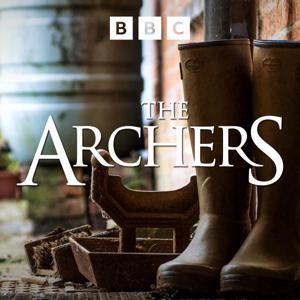
Sign up to save your podcasts
Or



By BBC Radio 4 Extra
Making a selection of objects from the British Museum and collections across the UK, Neil MacGregor uncovers the stories they tell about Shakespeare's world.
... more




4.7
5959 ratings



The podcast currently has 20 episodes available.










The podcast currently has 20 episodes available.

7,761 Listeners

1,100 Listeners

888 Listeners

1,058 Listeners

5,516 Listeners

1,790 Listeners

1,877 Listeners

1,848 Listeners

1,962 Listeners

692 Listeners

3,213 Listeners

770 Listeners

1,038 Listeners

3,548 Listeners